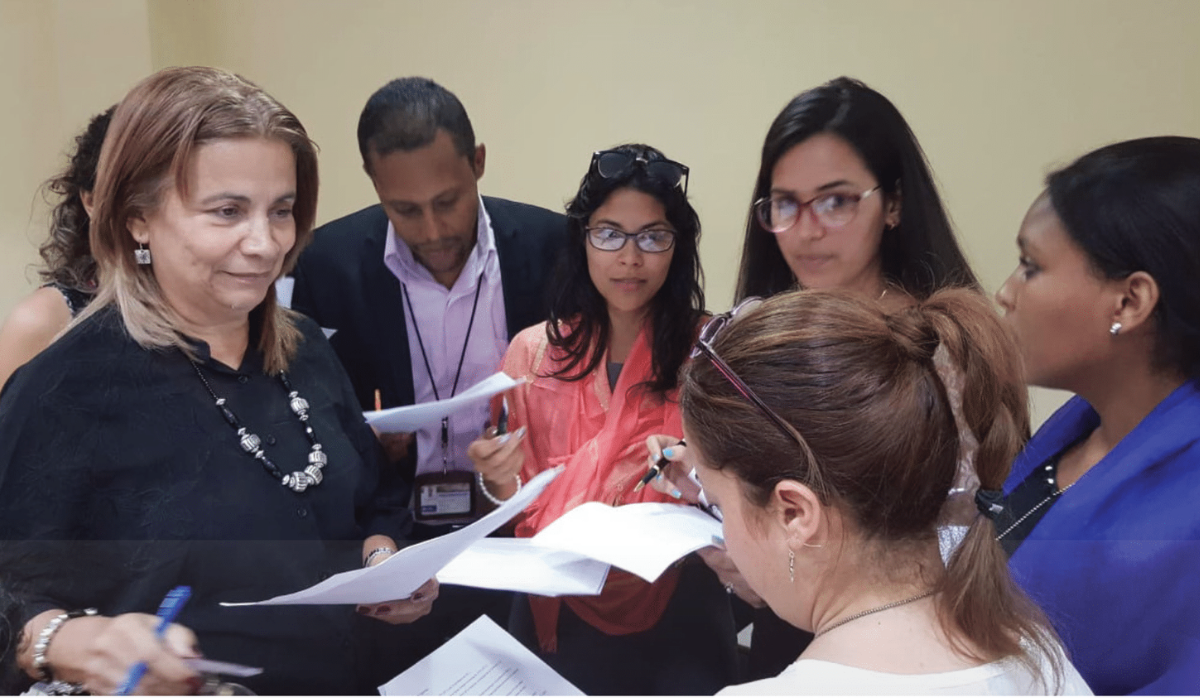Training Needs Assessment
With the increase of attention worldwide on expanding the voice of women in peace processes, much research is done to find explanations for the limited influence of these women. Studies rightfully tend to focus on external factors that stand in the way of women’s groups’ optimal effectiveness. Examples include a lack of knowledge among high-level mediators on the value of bringing in women, a lack of political willingness to include women, and a lack of funding to support women’s representation. These are very valid points, and external factors should indeed be addressed to ensure women’s right to participate on the same terms as men.
However, less focus lies on the factors that cause the difference between women’s groups’ ambitions and their achievements on the ground. A greater understanding of this difference is necessary, just as the exploration of innovative ways to close this gap.
Clingendael Academy has done a needs assessment in which the aim was to emphasize factors that are internal to the women’s groups. Reason for doing so is that solely seeking explanations in existing structural problems that are largely beyond the women’s’ direct sphere of influence – and thereby failing to recognize possible internal factors – could lead to missed opportunities for making women’s initiatives more effective through capacity strengthening measures that are within reach.

Capacity building to increase effectiveness of women’s groups
This needs assessment addresses the question how capacity building can increase the effectiveness of women’s groups in peace talks. What do women’s groups need to be more efficient in negotiation and mediation processes? The assessment was done among international mediation support officers, women peacebuilders in Yemen, Syria, Nigeria, and The Philippines and female participants of Clingendael negotiation and mediation trainings. All this resulted in the publication of “Increasing Women’s Voices in Peace Talks”.
Five main factors were identified that hinder the effectiveness of women groups. They are:
- lack of clear objectives, mandate and strategy,
- lack of clear selection procedures,
- framing of issues,
- formal versus informal influence,
- internal group dynamics.
Furthermore, the publication makes suggestions to support organisations on how to strengthen women’s groups capacity related to each of these five factors.
Download publication.



